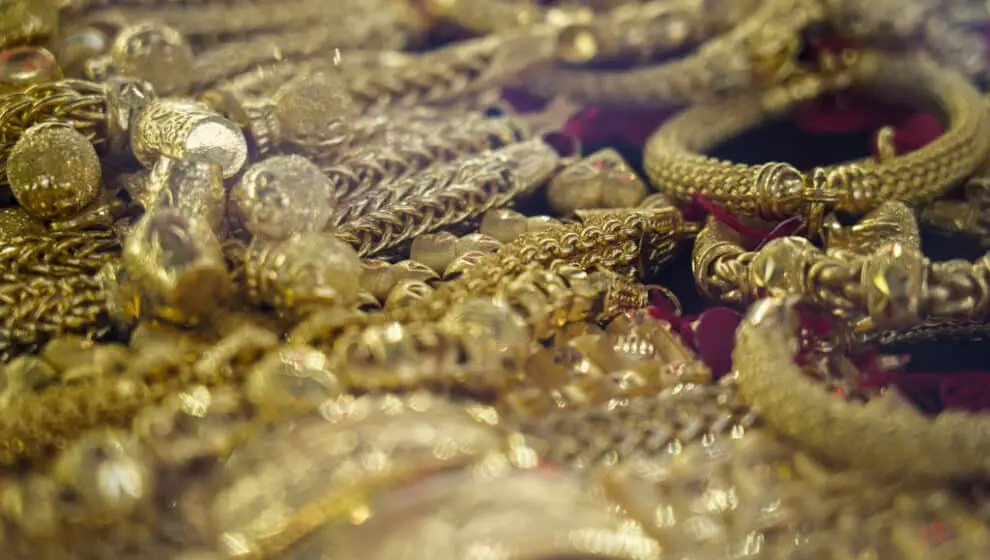The gold trading market may be in for a major overhaul using blockchain technology to build a database that tracks nearly every bar of gold in the world.
Key Details
- Head of the World Gold Council David Tait thinks that it’s time for a massive overhaul of the gold market.
- Currently, four major banks exchange around 50,000 gold bars in high-security vaults below ground in London. This archaic system is one of the oldest markets in the world.
- The system contains around $500 billion worth of gold in various locations.
- Tait’s plans include establishing a database to track the gold bars using blockchain technology. Once established, it would then be relatively simple to establish a digital currency backed by gold.
Why it’s news
The price of gold and gold stocks has been very sluggish this year—down for the year, while usually it would be up in an inflationary environment.
Tait’s proposed plans are bold, especially in a market known for its resistance to change. In the past, attempts to make slight changes to the system have not been welcome.
The list of changes, called Gold 247, comes at a time when the gold market is experiencing unprecedented uncertainty. In recent years, gold has faced competition from crypto currencies like Bitcoin which some refer to as “digital gold.”
More recent changes in banks around the world have made holding gold more expensive for banks. By creating a digital gold coin, Tait says that more investors will be comfortable investing in the precious metal.
Variation between global gold markets is another current obstacle for gold investors. London trades 400-ounce bars while the U.S. uses 100-ounce bars. However these bars are often too expensive for retail investors—causing them to invest in coins rather than bars. Coins, however, come at large premiums.
Tait thinks that the digital coins could solve this problem and level the playing field.
To be successful, Tait’s digital bullion would need backing from the entire market while a blockchain ledger tracks the bars in order to preserve purity and prevent money laundering.
One of the biggest hurdles in Tait’s project will be convincing banks that the digital coins are best even though it will chip away at the banks’ dominance.
The current system benefits the major banks involved.
